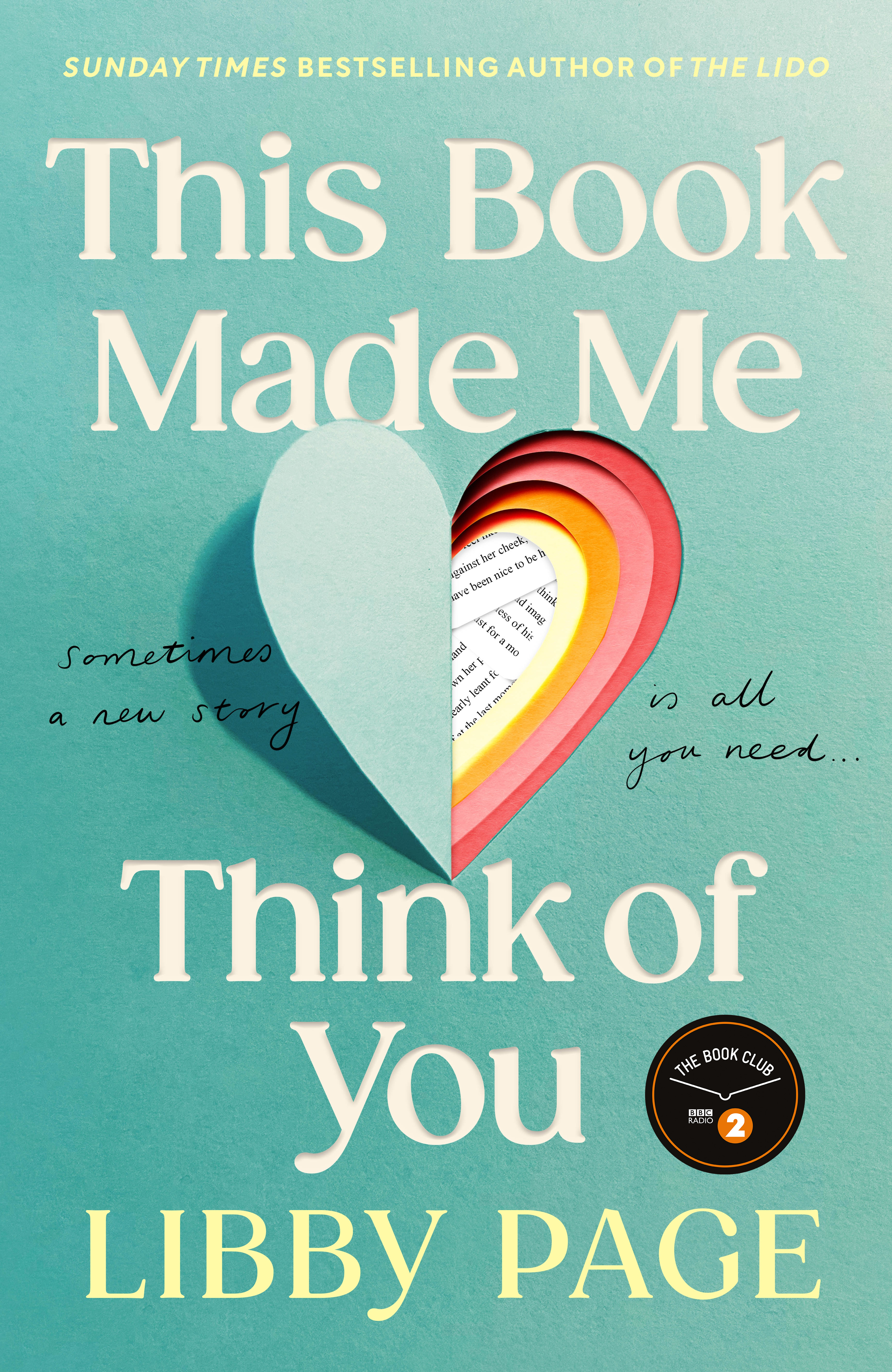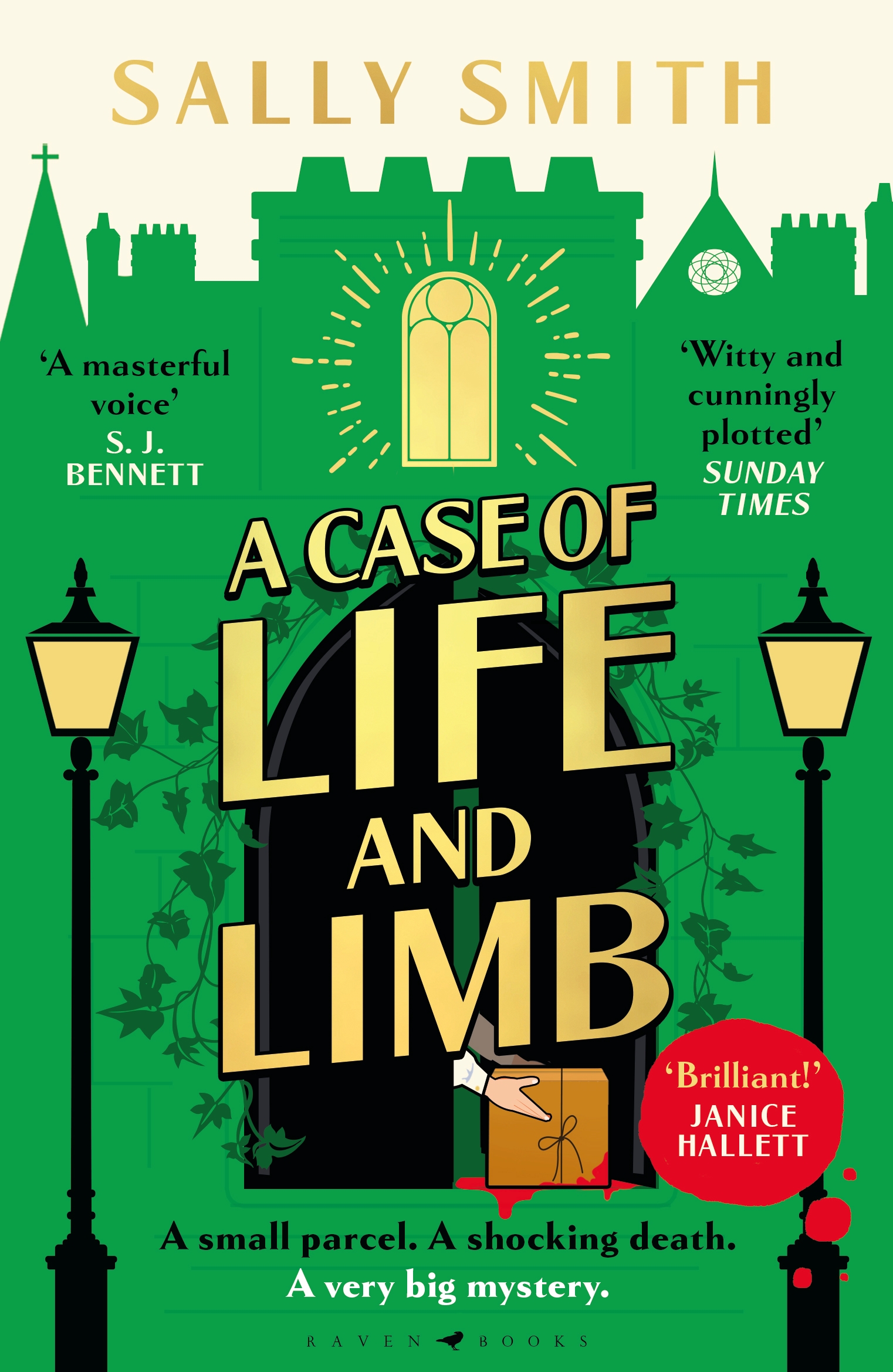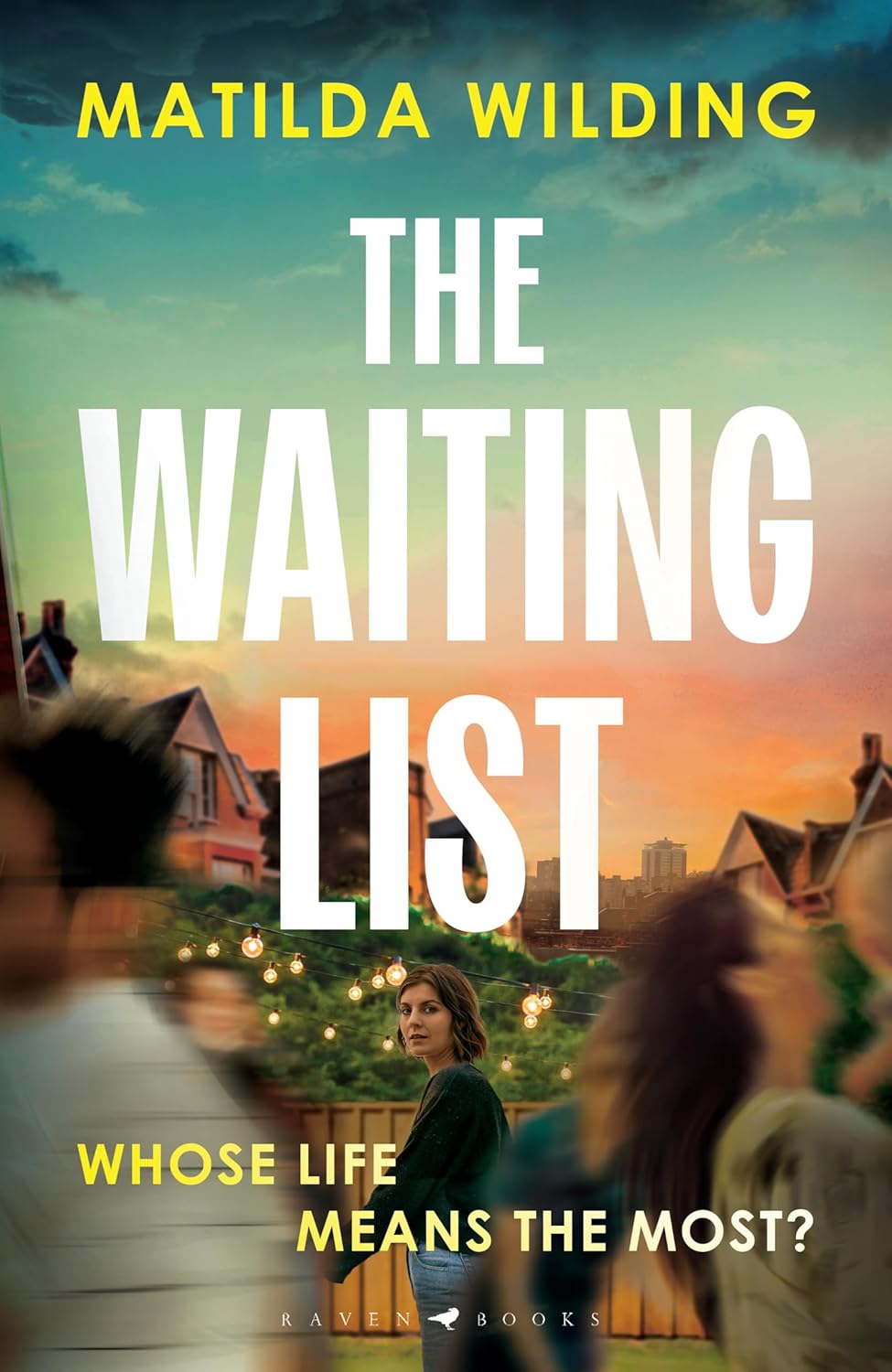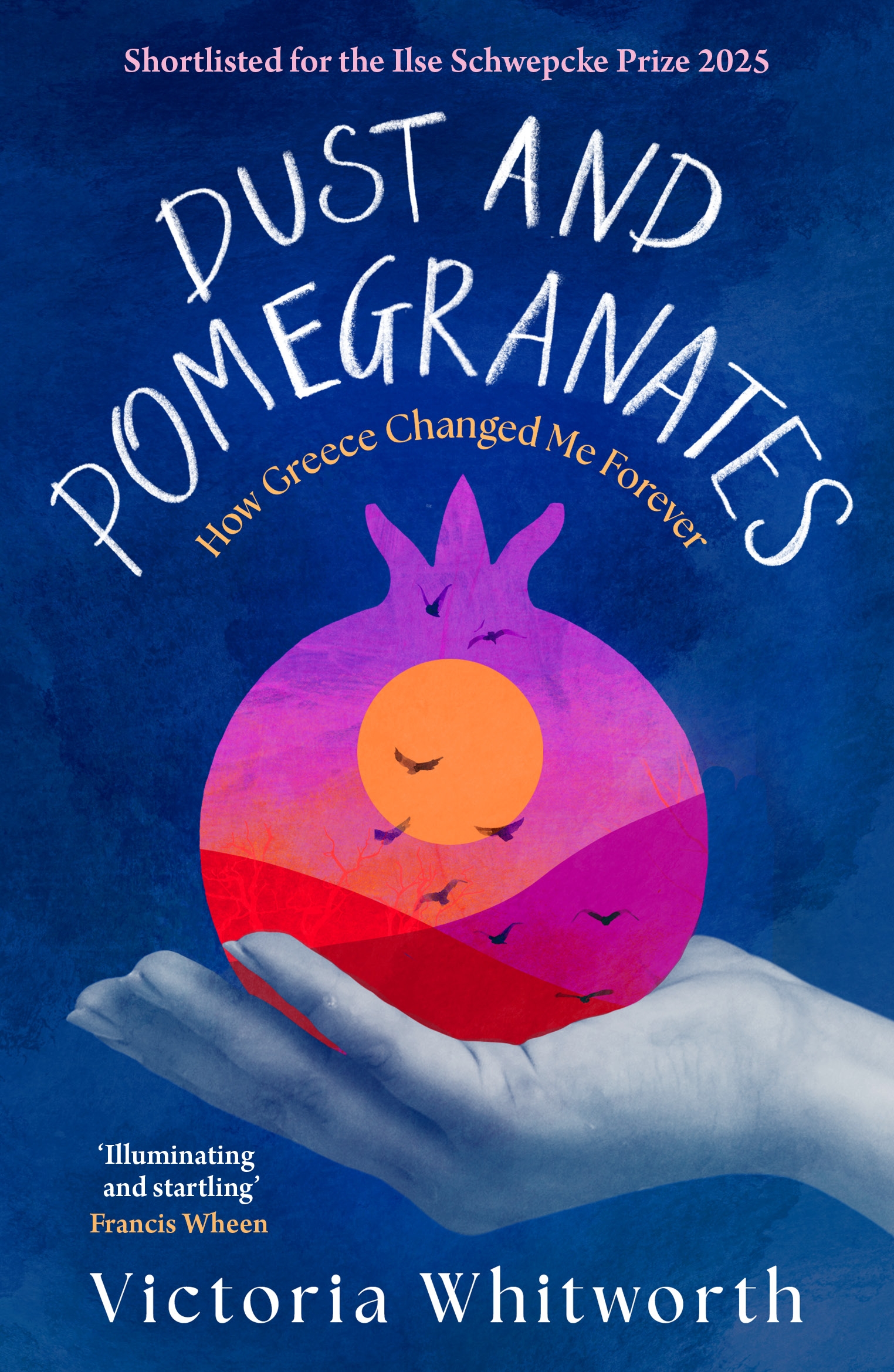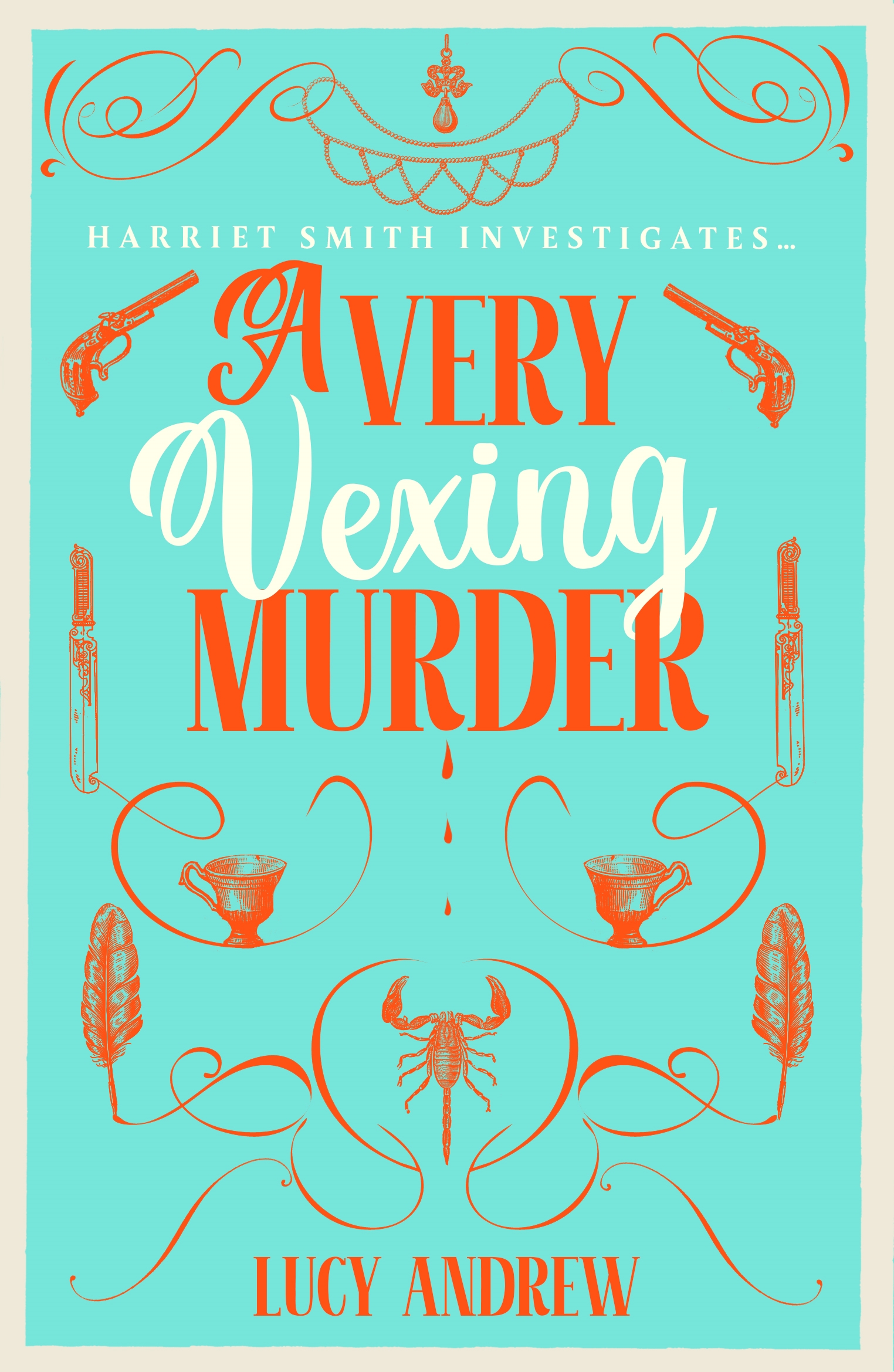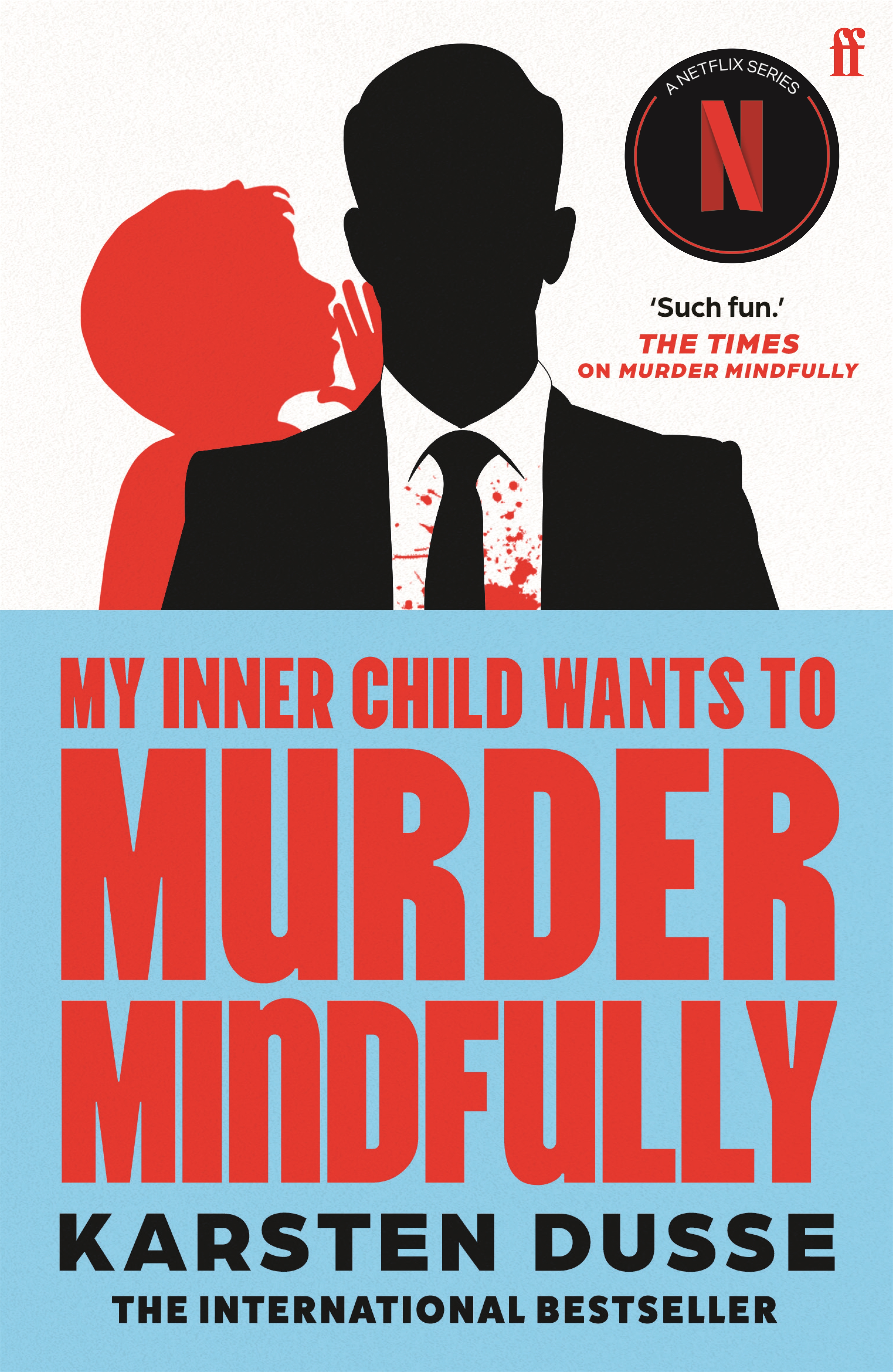The Instrumentalist: A spellbinding novel that will transport you to 18th-century Venice

As seen:
By Harriet Constable
avg rating
4 reviews
The Times top ten bestseller
‘As tightly tuned as a thriller’ Telegraph
‘A marvel’ Kiran Millwood Hargrave
‘Compelling, vividly described magic’ Observer
‘Historical fiction as it should be written’ Mail on Sunday
‘Remarkable’ New York Times
Anna Maria may have no name, no fortune, no family. But she has her ambition, and her talent.
Her best hope lies in her teacher, Antonio Vivaldi. Soon she is his star pupil. But as Anna Maria’s star rises, not everyone is happy. Because Anna Maria’s shining light threatens to eclipse that of her mentor… She will leave her mark, whatever it takes. Her story will be heard.‘A compassionate coming-of-age tale … Constable understands the power music has to sustain us’ Observer
‘Had me spellbound from start to finish’ Emma Stonex
‘Constable infuses historical fact with richly wrought fictional details, to investigate admiration and resentment, ego and legacy’ i paper
‘A whirlwind of all-consuming, dizzying ambition … Spectacularly imagined’ Mail on Sunday
‘Vibrates with colour and passion … I was completely swept up’ Elodie Harper
‘An immersive, impassioned tale full of colour and sound’ Guardian
Reviews
Eve
This i found to be an enjoyable book, the basics of which I knew already.
It was easy to read in parts and maybe a little complicated in others. The stories of the babies and small girls was sad- they were not treated well.
Anna Maria did well in the end and was as successful as she could have been, being a girl in that age.
I will always think of Anna Maria when I hear the 4 seasons now. I understand that no-one really knows how much of it was composed by Vivaldi and how much by his pupils at the orphanage. I would give this book a mark of 8
Carolyn
I knew nothing about Anna Maria della Pieta, the orchestra or the orphanage she was left at as a baby and so I found this book very interesting. The author writes that little is known about Anna Maria or her work so I did wonder which parts were true. It was a good story though and I enjoyed it.
Score 6
Sonia
I found this a very interesting book but I was not a fan of the style of writing and found it became repetitive throughout the book. I knew nothing of this orphanage or of the violinist Anna Maria della Pieta so that was engaging. The true story of the babies being "posted" into the orphanage care and their development into highly skilled musicians was fascinating but unfortunately none of the characters were likeable or sympathetic which rather spoilt the story for me. I also, obviously naively, did not know that composers did not necessarily compose all of their work! Vivaldi came across as a thoroughly unpleasant man and I found the cutthroat world of the musicians equally so.
So writing style not to my taste, characters unlikeable with few if any redeeming features but the true story was interesting and engaging. My score is 5 out of 10.
The discussion on the day centred around the true story aspect and the general opinion was that it was an interesting book tending to be repetitive with unlikeable characters .
The average score was 6 out of 10
A book as passionate and dramatic as Anna Maria herself: an emotional roller coaster ride from abandoned orphan to arguably the most brilliant musucian of her day. It's based on true events: Vivaldi taught and became musical director at a Venetian orphanage, Anna Maria della Pietá was one of his pupils. An excellent book - loved it!
j.acton@harrytown.stockport.sch.uk
Reviewer five:
A major theme in The Instrumentalist is the destructive pursuit of perfection. The protagonist’s life is dictated by an obsessive need for control, both in their music and their personal life, and this pursuit leads to psychological unraveling. Constable explores how perfectionism can mask deeper fears and insecurities, and how surrendering control becomes a necessary step toward healing. Readers who have struggled with perfectionism will find this portrayal deeply resonant, as the novel deftly captures the double-edged sword of striving for greatness.
Reviewer 6:
Beyond its exploration of music and mental health, The Instrumentalist is also a meditation on relationships. Constable deftly explores the protagonist’s strained connections with family, friends, and colleagues, showing how isolation and vulnerability often walk hand in hand. The novel emphasizes the importance of human connection, even as the protagonist retreats into their own world of self-imposed isolation. The evolution of these relationships throughout the novel is poignant and serves as a reminder of the healing power of empathy, understanding, and love.
Reviewer 7:
Harriet Constable’s prose is lyrical and evocative, reflecting the musical themes of the novel. Her writing has a rhythm and cadence that mirrors the ebb and flow of a musical composition. Whether describing the technical precision of a musical performance or the emotional turmoil of the protagonist, Constable’s language is rich and expressive without being overwrought. Readers who appreciate finely crafted prose will be drawn to her stylistic choices, as each sentence feels intentional and loaded with meaning.
I thoroughly enjoyed this debut novel set in 18th Century Venice and I knew nothing of Ospedale della Pieta orphanage though of course I certainly know of Vivaldi and now I have learned of the intertwined history of both in a brilliantly imagined story.
The Ospedale della Pieta orphanage took in abandoned baby girls that were posted through their letter box the size of which determined the size and age of the baby (many of whom were deformed by the process). The life was harsh and by no means ideal but the girls were given an education and tuition in music which offered the talented and ambitious entrance into the renowned orchestra Figlie di Coro. Those that failed endured worse fates and were often married off against their will and deprived of their music.
So this is a tale of a particularly talented girl Anna Maria della Pieta who sees music in colour and the descriptions of her processing music with the colours are particularly wonderful and enable the reader to really understand the her drive and need to be part of the music. The music is almost sentient being a part of the soul and fabric of Anna Maria and drives her to achieve her ambitions.
Her drive to be the best that ever was comes at some very high prices both to Anna Maria and her friends but the author’s sensitivities in handling these make the reader understand why this is necessary if not forgivable.
Constable explores the background of the vulnerabilities of being female in a male world as in Anna Maria’s relationship as pupil to Vivaldi’s volatile teacher and Maestro and Master of Music at the Pieta orphanage and the cross over of his and her composing of music and that society will not accept or believe in a female composer hence it seems Vivaldi potentially was not above using others work as his own and Anna Maria and the others were unable to protect their work.
But it is not just the naive and poor of the orphanage who are vulnerable but also the girls of rich families also have no voice and are subject to the power of their fathers and brothers and if they were predators the girls became prey. Elisabetta’s story is especially poignant and sad and informs how she and Anna Maria interact over the years.
Venice is a rich, independent and powerful state and the vivid descriptions of both the richness and poverty existing side by side are wonderful and place the reader right there with the colours, noise and smells of the canal city.
Harriet Constable has done her research well and has produced a very good book and woven the various strands of the story into a brilliant whole.
Vivaldi is remembered (male) and Anna Maria is not (female).
